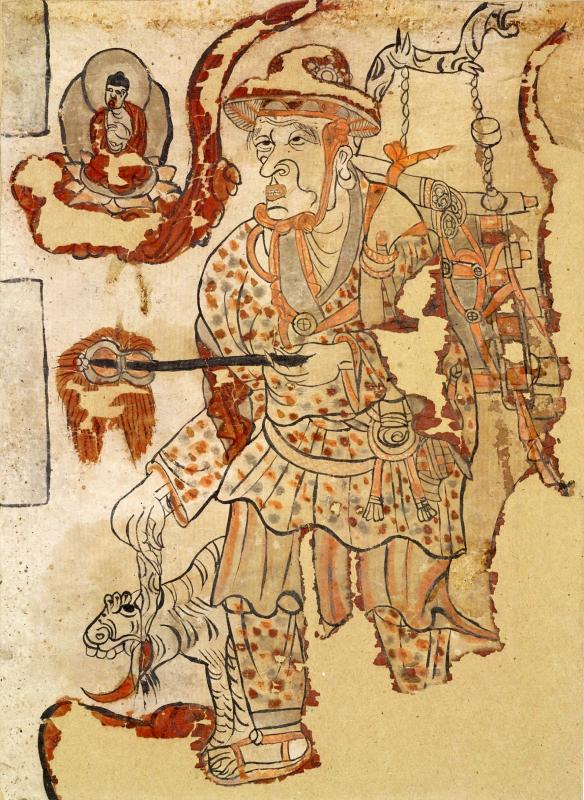B: Apparently, there is a reference in the 16th century Chinese classic Journey to the West, where chop suey is introduced as a dish made of various types of offal.
A: Yes, but look at the Chinese characters: za sui. That just means “odds and ends.” It sounds cobbled together by somebody trying to not to waste leftovers.
B: There’s another suggestion here, saying exactly that, although much later. This story goes that the dish was just thrown together from random kitchen leftovers by a cook in San Francisco in the 1960s trying to feed hungry miners.

Photo: Pixabay照片:Pixabay
A: Well, that certainly makes sense, given the name. Read on, read on.
B: 這邊引述十六世紀的中國古典小說《西遊記》,說雜碎是用各種內臟做成的。
A: 對。可是你看「雜碎」這兩個中文字,它的意思只是「零碎雜物」,聽起來像是有人為了避免浪費,而把剩菜拼湊起來。
B: 這邊有另外一種講法,就是這樣說,不過時間點要晚得多。這個傳說是,一九六○年代美國舊金山一位廚師為了要把礦工餵飽,就把廚房裡各種剩菜一起丟進來煮,變成這道菜。
A: 嗯,這聽起來很有道理,就這道菜的名字來說。你繼續讀下去啊。
(Paul Cooper, Taipei Times 台北時報林俐凱譯)
English 英文:
Chinese 中文:

The Australian government will legislate for a ban on social media for children under 16, Prime Minister Anthony Albanese said on Thursday last week, in what it calls a world-leading package of measures that could become law late next year. Australia is trialing an age-verification system to assist in blocking children from accessing social media platforms, as part of a range of measures that include some of the toughest controls imposed by any country to date. Albanese cited the risks to physical and mental health of children from excessive social media use, in particular the risks to girls from harmful depictions of

Colorado has taken a pioneering move towards protecting consumer privacy in the age of brain-computer interfaces. With the rise of neurotechnology, which involves technology that monitors and interacts with the brain, data privacy concerns are coming to a head. In response to growing anxieties, Colorado has become the first state in the US to pass an amendment that safeguards the privacy of human brainwaves. On April 17, Colorado announced an update to its Privacy Act, which went into effect on August 6. The new Colorado Privacy Act classifies brainwaves as “sensitive personal information,” offering them the same protections that

Can you recall the stuffed animal that played with you in happy times and comforted your sorrows during your childhood? These soft companions often became our first friends. Yet, as we grew up, many were left behind. This inspired Charlotte Liebling to found Loved Before and give these cherished toys a new opportunity to spread joy. The story begins while Liebling was volunteering at a charity secondhand store in London. There, she discovered numerous boxes filled with donated stuffed animals. As a lover of stuffed toys, she could see their emotional value, but she was also distressed by a

Continued from yesterday(延續自昨日) https://www.taipeitimes.com/News/lang Neurotechnology used to be limited to scientific labs and hospital settings. However, many new devices that can record consumers’ brainwaves or analyze the brain in other ways have been launched in recent years. Often marketed outside the realm of medical equipment, these devices evade the existing safety and privacy standards for healthcare devices. Experts are raising concerns about this lack of oversight, fearing the potential for these tools to become mind-reading devices without users’ consent or knowledge. Other US states are considering similar regulations to protect their citizens in regard to neuro data gathered by technology companies. Colorado’s